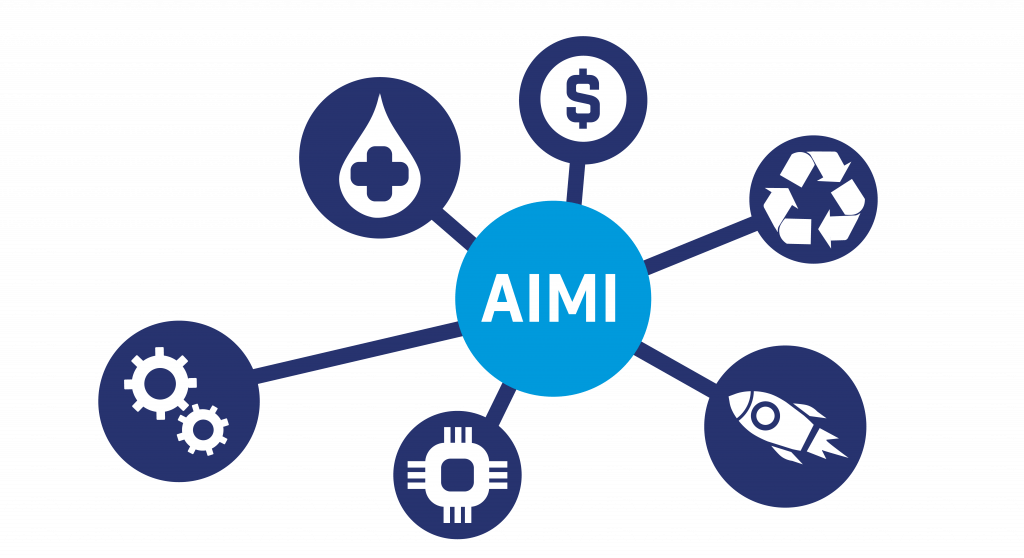Penn State’s Center for Applications of Artificial Intelligence and Machine Learning to Industry (AIMI) serves as a bridge between industry stakeholders and Penn State’s extensive research network in artificial intelligence (AI) and machine learning (ML), along with their students. This collaborative platform aims to address real-world challenges and capitalize on market opportunities. AIMI facilitates exploratory and high-impact research in collaboration with industry partners through a unique membership model, wherein the intellectual property ownership of developed solutions is shared. By engaging with AIMI, your organization gains access to a community of researchers driven to innovate AI-focused solutions that drive industry advancement.
Mission:
-
Foster enduring partnerships between industry, academia, and various stakeholders to enhance the nation’s research infrastructure
-
Leverage financial resources from industry partners to bolster interdisciplinary research teams engaged in industrially relevant, pre-competitive exploratory studies
-
Enhance the innovation prowess of the nation’s competitive workforce by broadening its capacity for groundbreaking research and development

